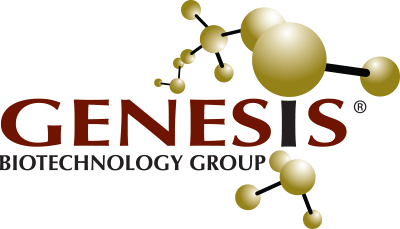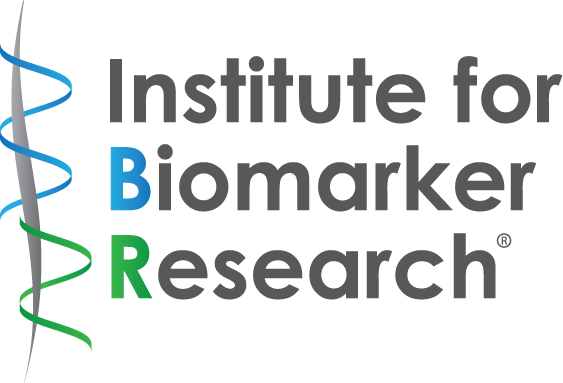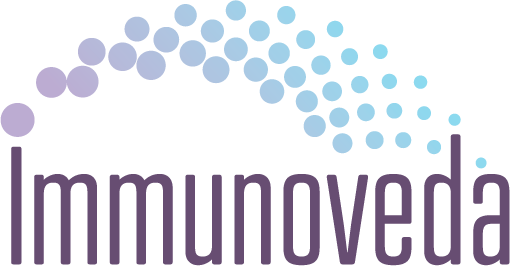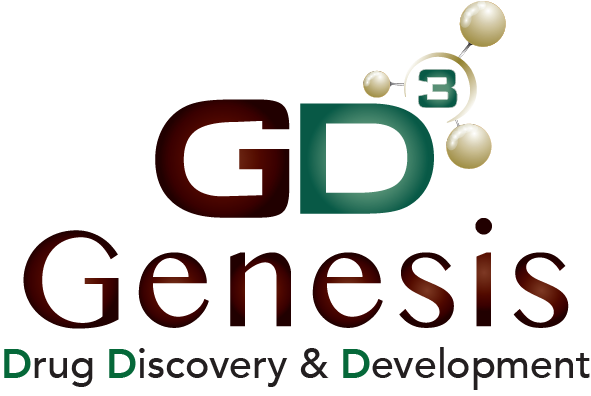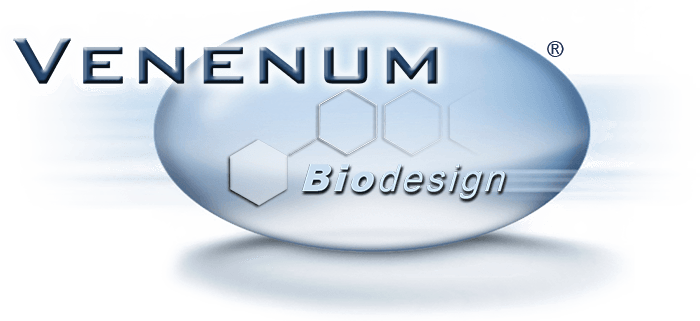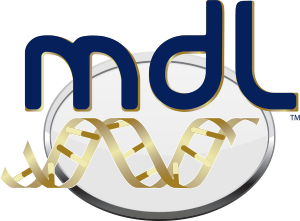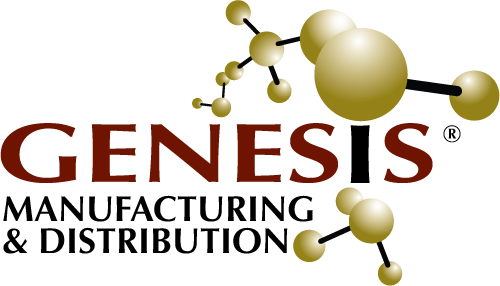Chemistry
- Asymmetric Synthesis
- High-Speed Synthesis and purification
- Metabolite Synthesis (Phase I and II)
- Molecular Probes (Fluorophores and Biotinylated Targets)
- Structure Identification and Characterization
- Stable Isotopically Labeled Compounds (2H, 13C, 15N, 34S)
- Specific Chemistry Expertise
- Natural Product Synthesis
- Instrumentation and Computing
Asymmetric Synthesis
Asymmetric synthesis is the synthesis of a compound by a method that favors the formation of a specific stereoisomer. It plays a very important role in the discovery of new chiral drug candidates as the different enantiomers or diastereomers of a molecule can have very different biological activity, efficacy or side effects. In asymmetric synthesis, chiral drugs are prepared in a highly selective way to ensure the correct configuration of the molecule. In biologically active molecules, chirality is important for optimal interaction with the target receptor.
- Classical resolutions
- Derivatization methods
- Chiral HPLC method development
- Asymmetric hydrogenations
- Asymmetric reductions
Learn more about











